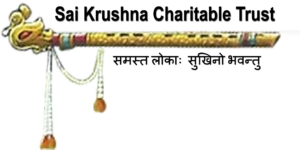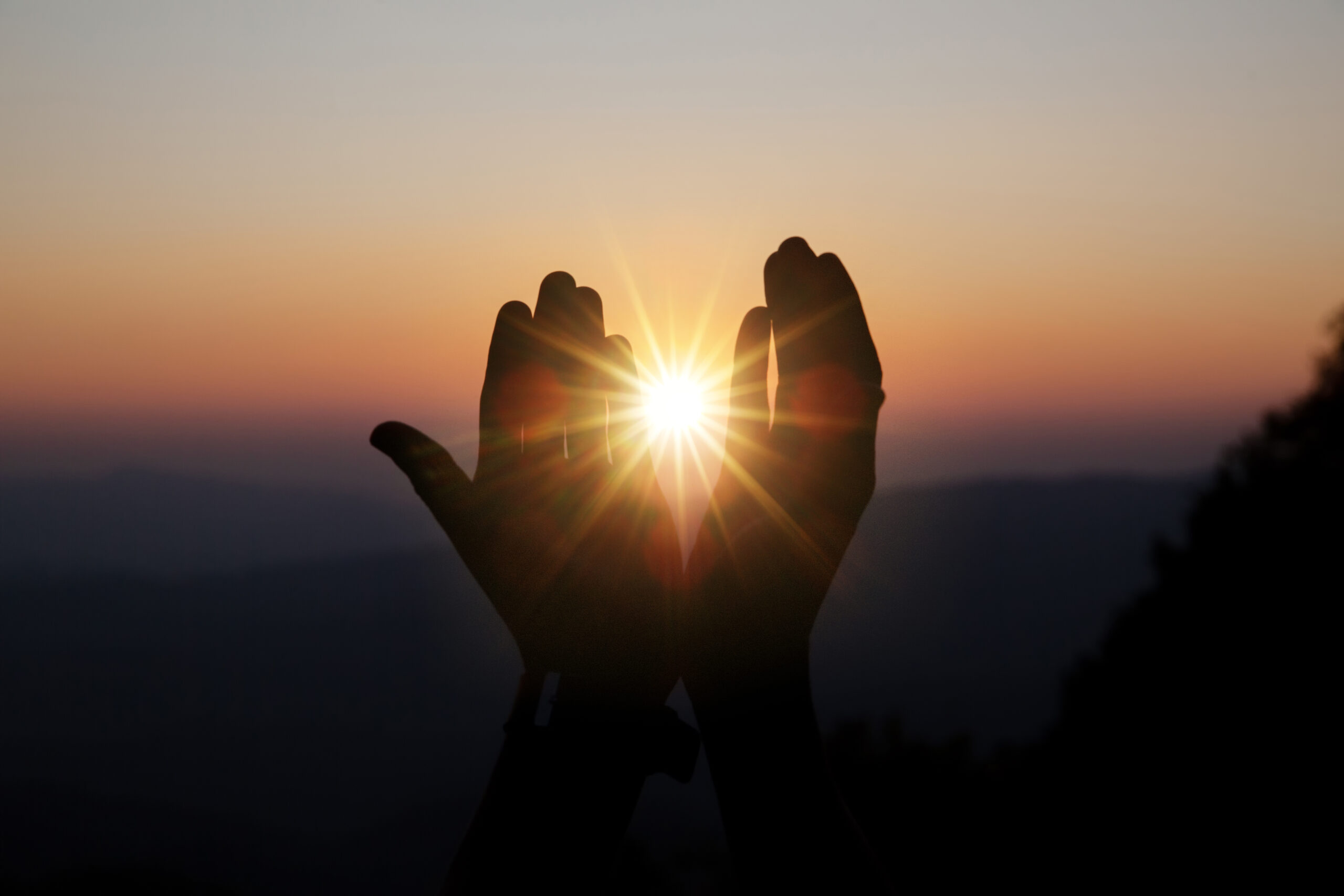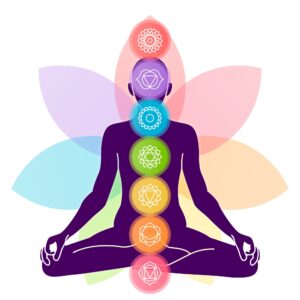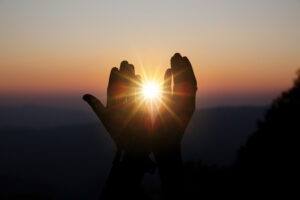5Q: The Self is not at all an object of anything, isn’t it? If there is no seer to the Self, it is to say that the self does not exist! Then how do we know the existence of the Self?
A: There is no hard and fast rule that all objects should appear to the seer. An object which doesn’t have self-illumination requires a seer to know it. An example: A lamp illumines all objects present in a room. The lamp does not require another lamp to illumine it. If water shows heat, it is because the water is in contact with fire. But heat in fire is natural .The heat need not come from elsewhere to the fire. Similarly, those objects that are not self revealed, they are known through the sense organs like eye, ear, etc; and through the mind. But to illumine the self-illumined Self no seer is needed. In this sense alone, the adjective Hrdi-samsphurat (the Self illumines in the mind) is given in the above verse.
6. Q: What do you mean by Aatma is Avasthaa Traya Saakshi?
A: The Self is the Witness of the three states
7. Q: What speciality is there in the Self than the other objects that appear to the mind? Is the mind required for the illumination of the Self? On what basis do we say that all the objects require another seer and the Self doesn’t require anyone?
A: It is wrong to know that the Self always requires the mind. The Self is illumining without the
Assistance of the mind .Not only that, the mind, too, is illumined by the Self. This is revealed through
examining the three states.
8. Q: What is the set of three states?
A: The set of three include: dream, wakefulness and deep-sleep. This is called: Avasthaa Traya.
Q: What is there to deliberate upon this set?
A: What is wakefulness? Who does experience this? Does the Self exist always in this state?
What is the nature of the non-self-objects that appear in this state? Likewise discussing on
This topic is the deliberation of the wakeful state. Similarly, we have to deliberate upon the following
Subjects: the dream, deep-sleep, the Self who experiences the states, and the non-self objects
that appears in these states.
9. Q. It is well-known that whatever appears in the dream is a false appearance; and nothing appears in the deep-sleep state. Therefore, isn’t it enough to deliberate upon the wakeful-state, rejecting other two states?
A: No. Nothing is accepted to be for granted without deliberation. This is because; that which
Appears may not really exist. An example: Water may appear at a distance for a traveler. If he goes near the spot, he may find nothing. Similarly , at first nothing appears , at the end of the deliberation some significant aspects may be revealed . Another example: Once, a man thought of burning of all the old letters heaped at a corner of his room. He started to glance at each letter. In the course of examining the letters, he got an important and valuable document for which he was searching. Similarly, if we reject or conclude vehemently without deliberation , there may be a good loss. Therefore, we should deliberate upon the three states.
Q: Yes. While answering the set of states , why have you mentioned the dream state first?
A: This is because everyone naturally knows that the dream is a false state. Therefore,
We can quickly deliberate upon this state.
Q : Is it right that we falsely see the dream?
A: No. Every dream-object appears to be false in the wakeful state. During the dream objects appear to be real and the un-reality of those objects is proved soon. Therefore, we can conclude that a dream is an illusion.
10.Q: What is the use for a deliberator if the dream is an illusion?
A: In the dream , there is no real mind to show the Self. But, the Self exists there to see the dream. Therefore, we can conclude easily that the Self exists without depending on the
Mind.
11. Q: Yes. Now, shall we deliberate upon the wakeful-state? What is it?
A: Knowing the external objects through the organs of sense is called the wakeful-state. Q: What speciality is there in the dream?
A: Without organs of sense, simple mind alone exists, as if, knows their respective objects.
Q: First, you have told that in the dream, there is neither mind, nor organs of sense. Now, you tell that there is mind without organs of sense. Is not first saying contrary to the second one?
A: It is true that, at first, I have told that there is no real mind in the dream. But, by the inclination of the mind of wakeful-state , all objects are seen in the dream; and if you assume that mind exists in the dream, there is no objection. The mind, itself, appears as sense-objects and it is proved that the Self illumines the mind.




